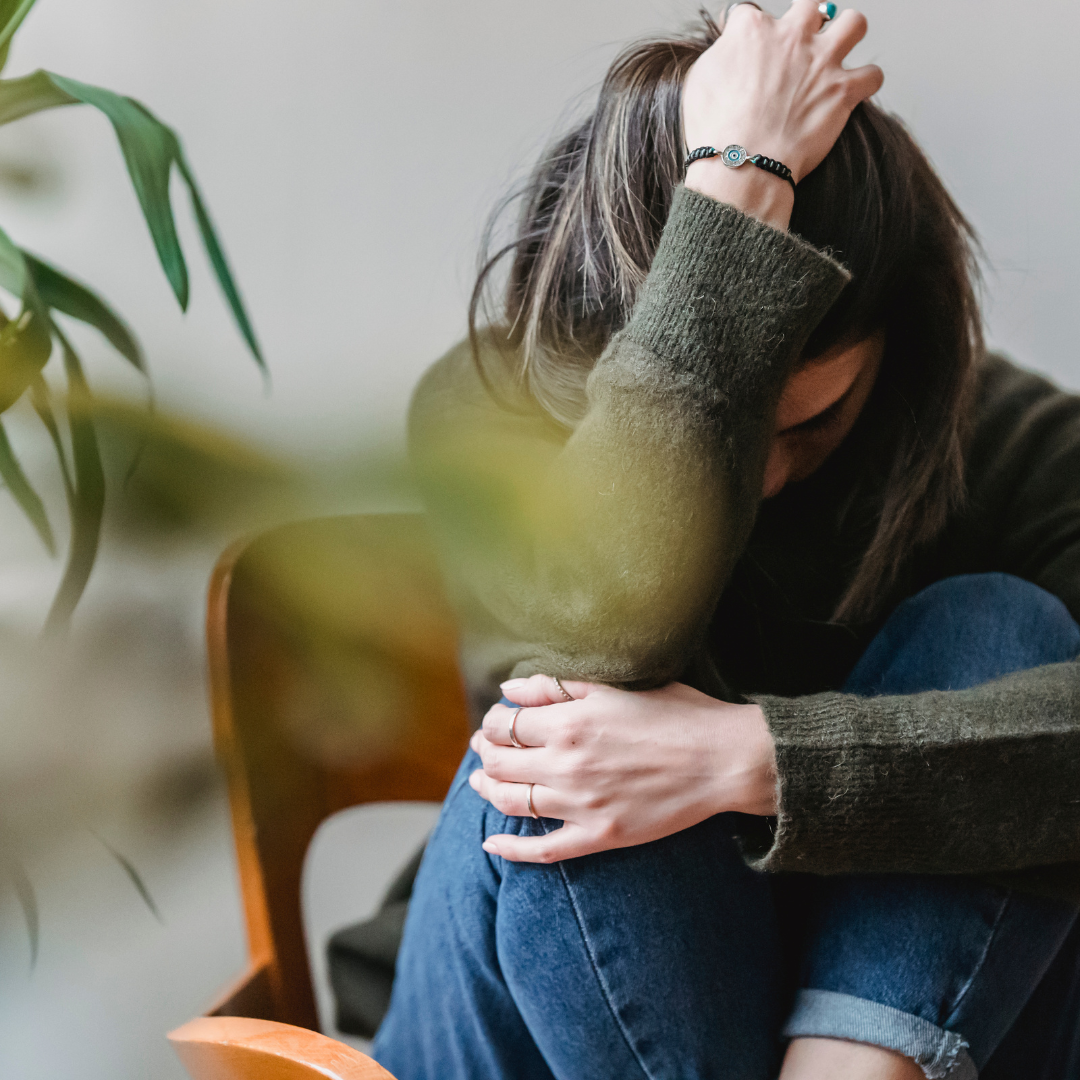The Best Self-Help For Anxiety Disorders
Many people will suffer from mental health issues such as anxiety during their lifetime.
Whether it is anxiety or depression, finding a way to reduce anxiety and overcome mental health struggles can be a lot to handle.
Luckily, the discourse around anxiety disorders and other similar issues has grown rapidly over the years, breaking through the stigma and helping people find ways to cope and overcome anxiety in the best way they can.
Today, we will go into the best self-help anxiety tools for people who have an anxiety disorder and are experiencing anxiety symptoms daily.
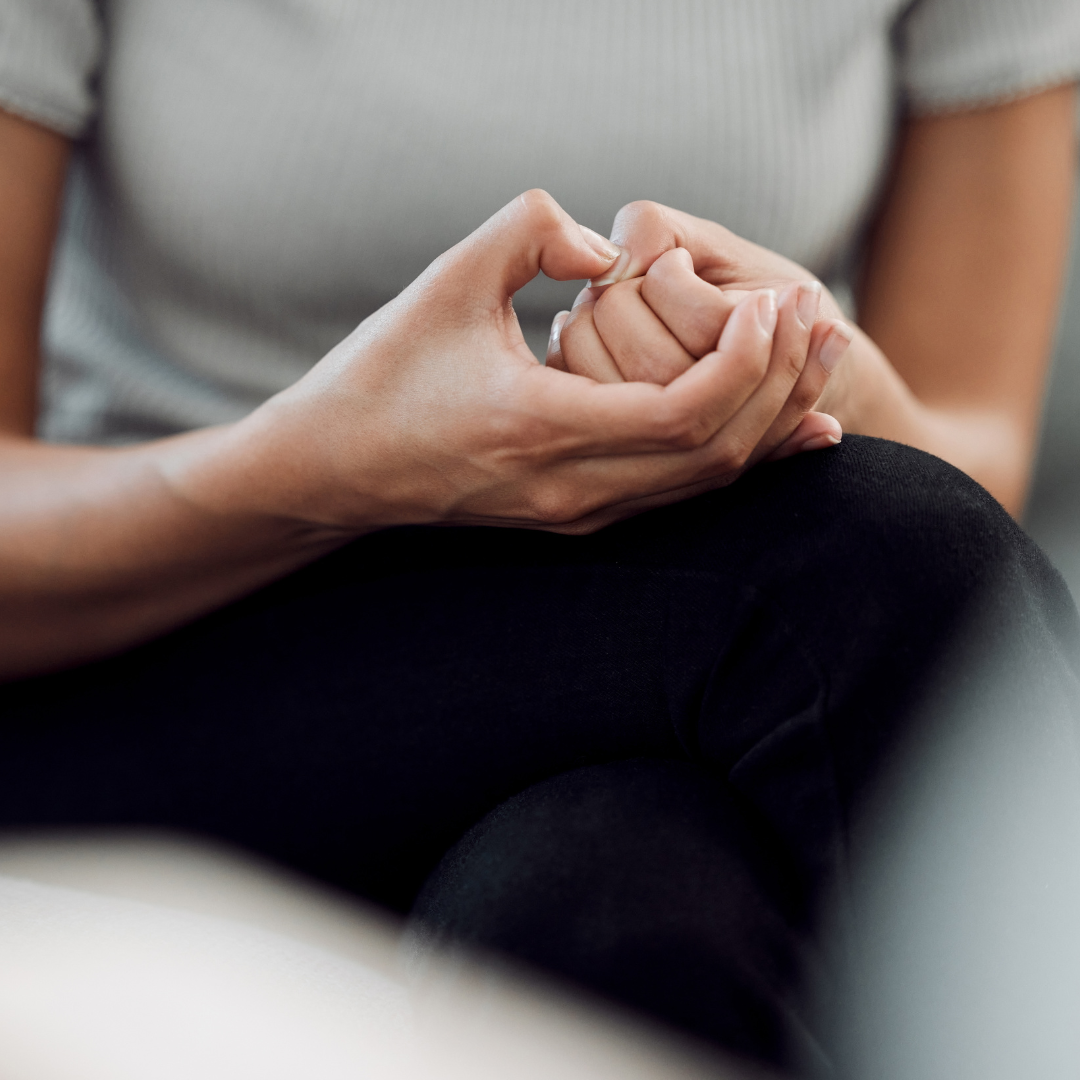
Getting The Right Help
If your anxiety has started to dominate your daily routine, leading to panic attacks and a surge of negative thoughts, it becomes imperative to seek assistance from mental health professionals who can provide guidance in anxiety management and equip you with valuable tools.
Alternatively, if you’re seeking a more natural approach, you might consider consulting with naturopathic doctors, such as Dr. Diana Joy Ostroff. Naturopathic doctors have the expertise to prescribe herbal remedies well-known for their calming and anxiety-reducing properties. Additionally, they may use physical therapies like massage, acupuncture, or hydrotherapy to relax the body and reduce tension, which can cause anxiety.
However, in cases of severe anxiety, it may also be necessary to explore cognitive-behavioral therapy, exposure therapy, or even psychiatric medication. It’s crucial to remember that professional help can help you identify the root causes of your anxiety and cultivate effective coping strategies. Keep in mind, untreated anxiety has the potential to give rise to a spectrum of physical and mental health issues, ultimately impacting the overall quality of your life.
To help reduce symptoms of anxiety, you can also join support groups such as Anxiety UK, Mind, and Rethink Mental Illness. They will be able to offer you help to manage anxiety and focus on self-care.
Alternatively, there are many self-help books available online and in bookstores that can offer insight into what you are going through, from Generalized Anxiety Disorder to Obsessive Compulsive Disorder.
Just make sure that the self-help books you are choosing are written by well-regarded authors who have backed up their findings and assistance through scientific evidence so you know that you are getting the right help.
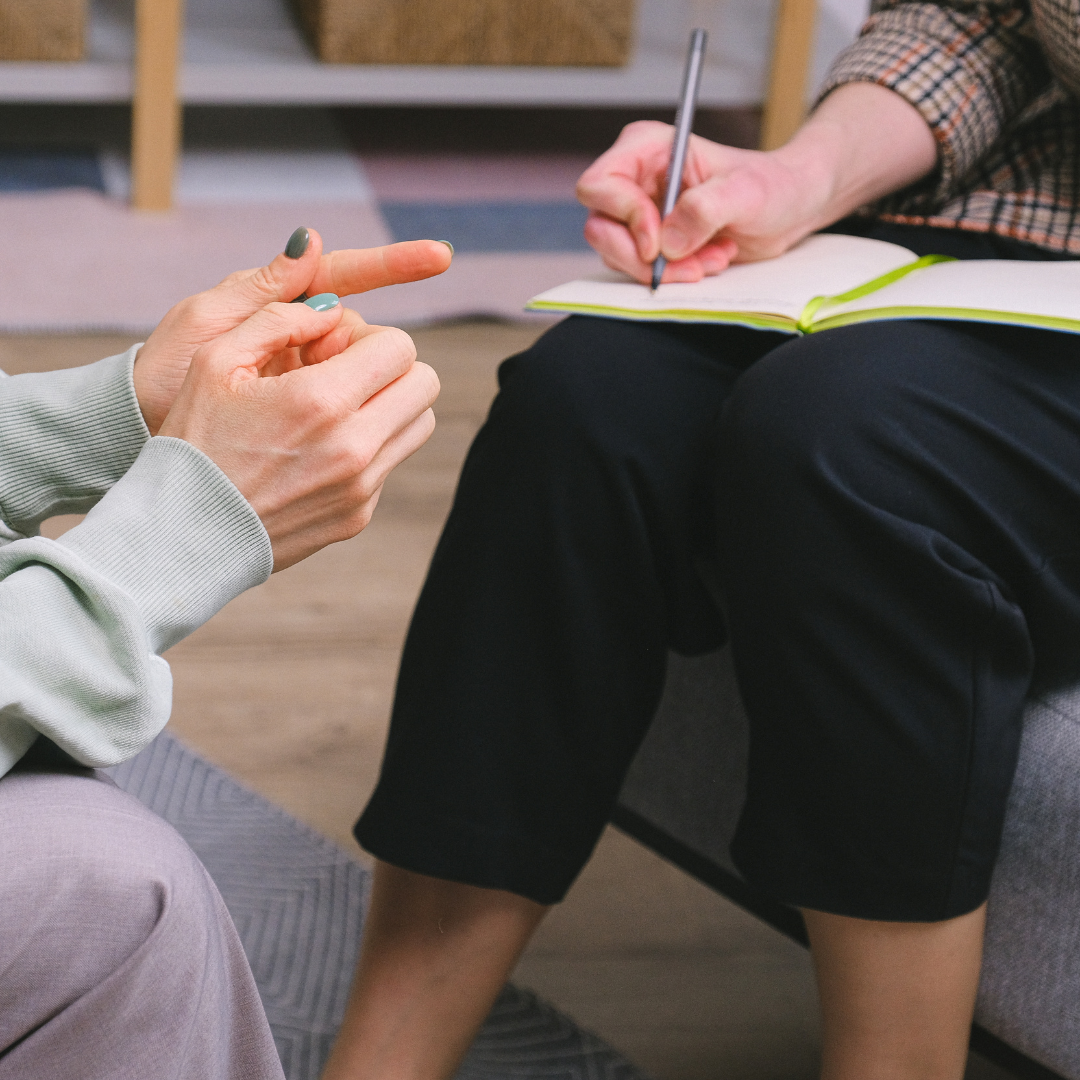
What is Anxiety?
Anxiety is a normal human emotion and response.
It is basically defined as feelings of worry and distress as well as psychological symptoms which can make people worry about current and future events where they will anticipate danger and issues.
People who go through anxiety will have their fight or flight response activated, causing their anxiety levels to rise which brings on physical symptoms of anxiety such as poor concentration, trembling, sweating, irritability, and heart palpitations which can lead to a panic attack.
Whilst anxiety is seen as a normal emotion for someone to have, heightened anxiety for long periods of time can cause detrimental effects on mental health and physical health.
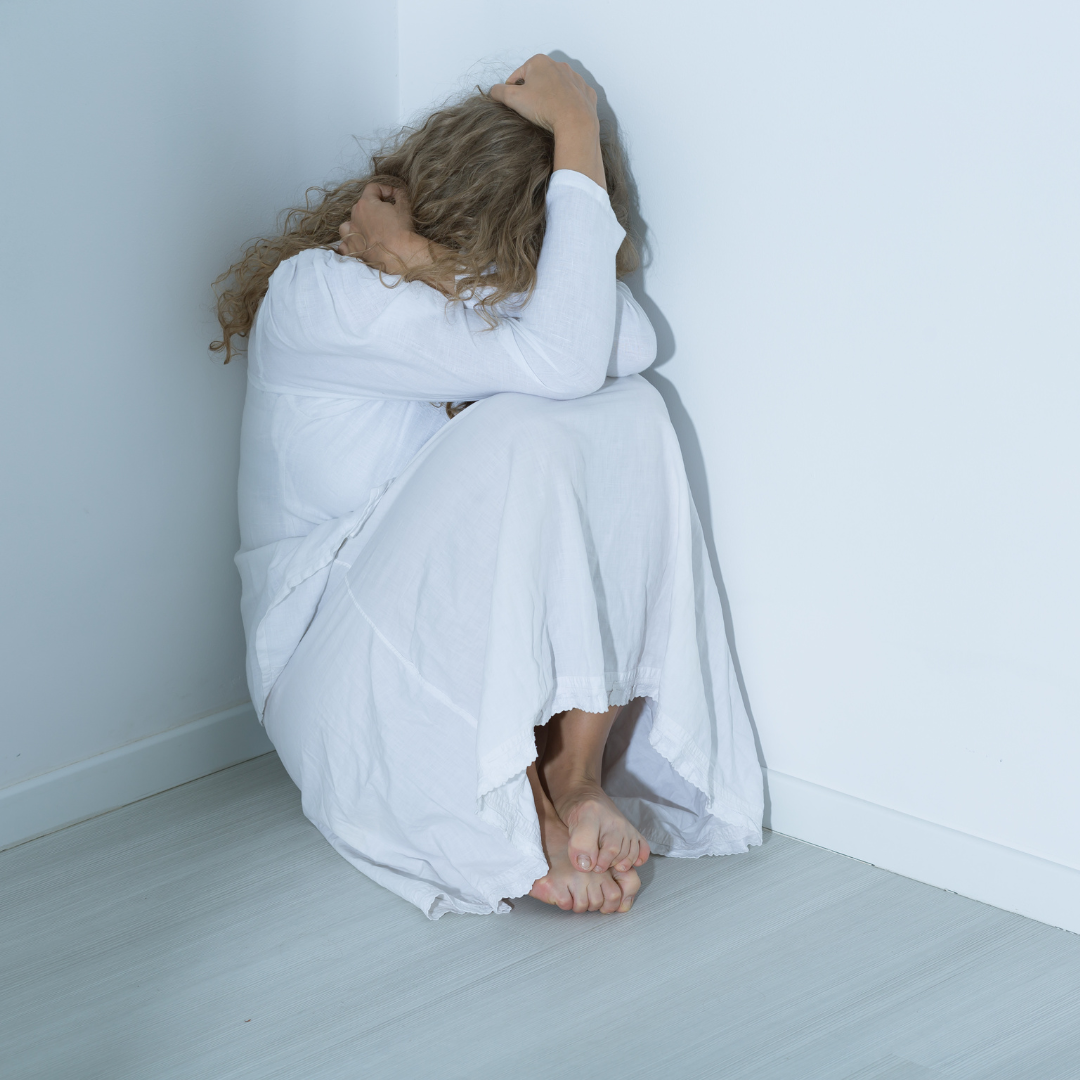
Types of Anxiety Disorders
- Generalized Anxiety Disorder
- Obsessive Compulsive Disorder
- Social Anxiety Disorder
- Panic Disorder
These are some of the most well-known anxiety disorders out there, but there are others that people suffer from which need more research into them.
These disorders can come from childhood trauma, serious incidents, injury, and so on.
The Best Self-Help For Anxiety Disorders
If you would rather try and deal with your anxiety symptoms by yourself without going to a therapist, then there are ways that you can do that which we will delve into below.
Just remember that if you are experiencing psychological distress and you find that you are feeling anxious a lot more with no relief, speaking to a therapist or any type of mental health professional can help you combat these worries through targeted sessions such as EMDR therapy, cognitive behavioral therapy, group therapy, and so on.
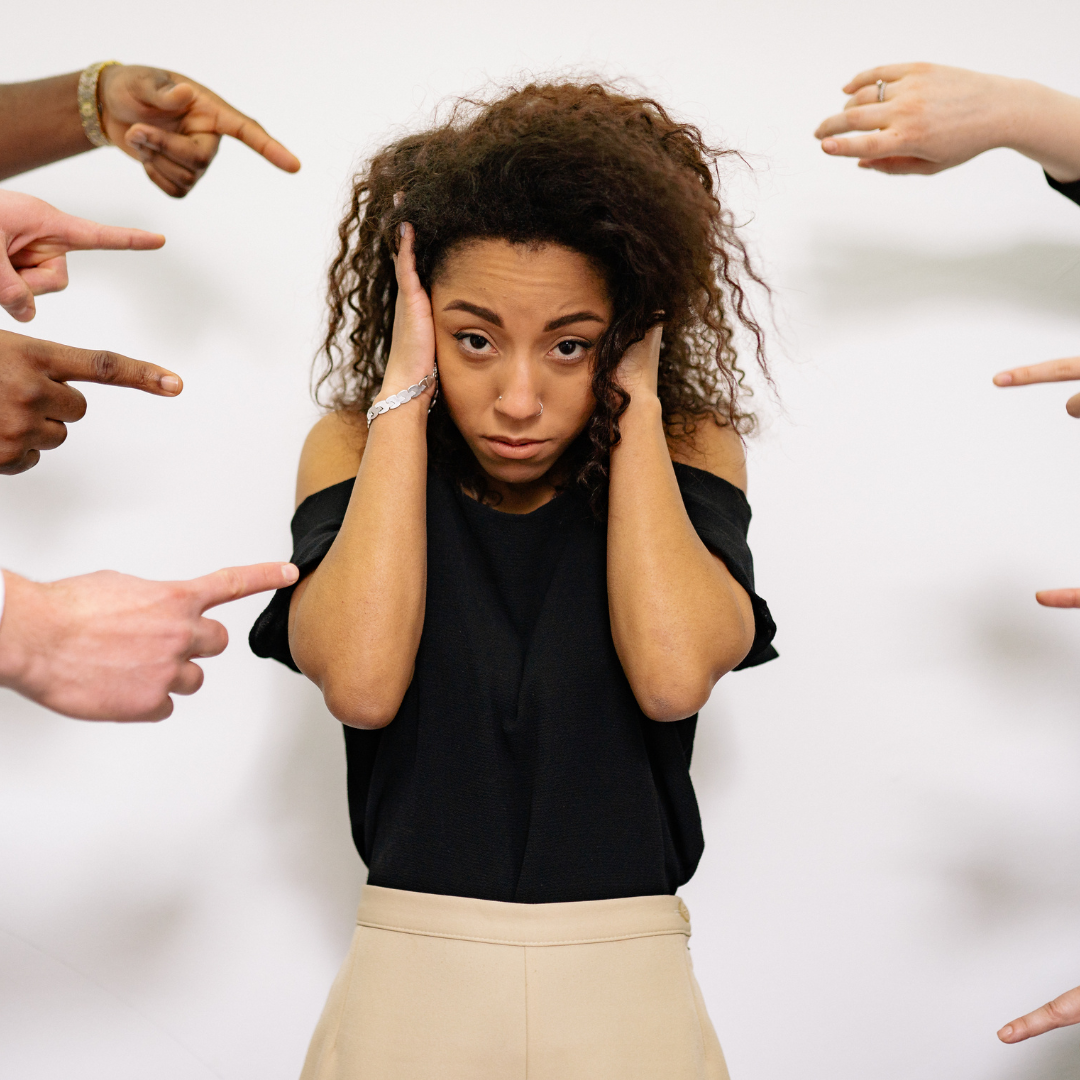
Doing Deep and Controlled Breathing Techniques
This doesn’t just mean taking deep breaths when you feel anxious thoughts or you are feeling overwhelmed.
Controlled breathing is a certain way of breathing that can calm your mind and your body down without riling you back up again.
It involves breathing deeply into your lower abdomen for a count of 4, then holding for 7, and finally breathing out for 8.
Some people will breathe in for 4 and then just breathe out for 6, but it would be good to try it both ways to see which works best for you.
If you are worried that you won’t do it well enough or you need some help, there are little animations online that can help you do your breathing techniques correctly so you don’t go off track.
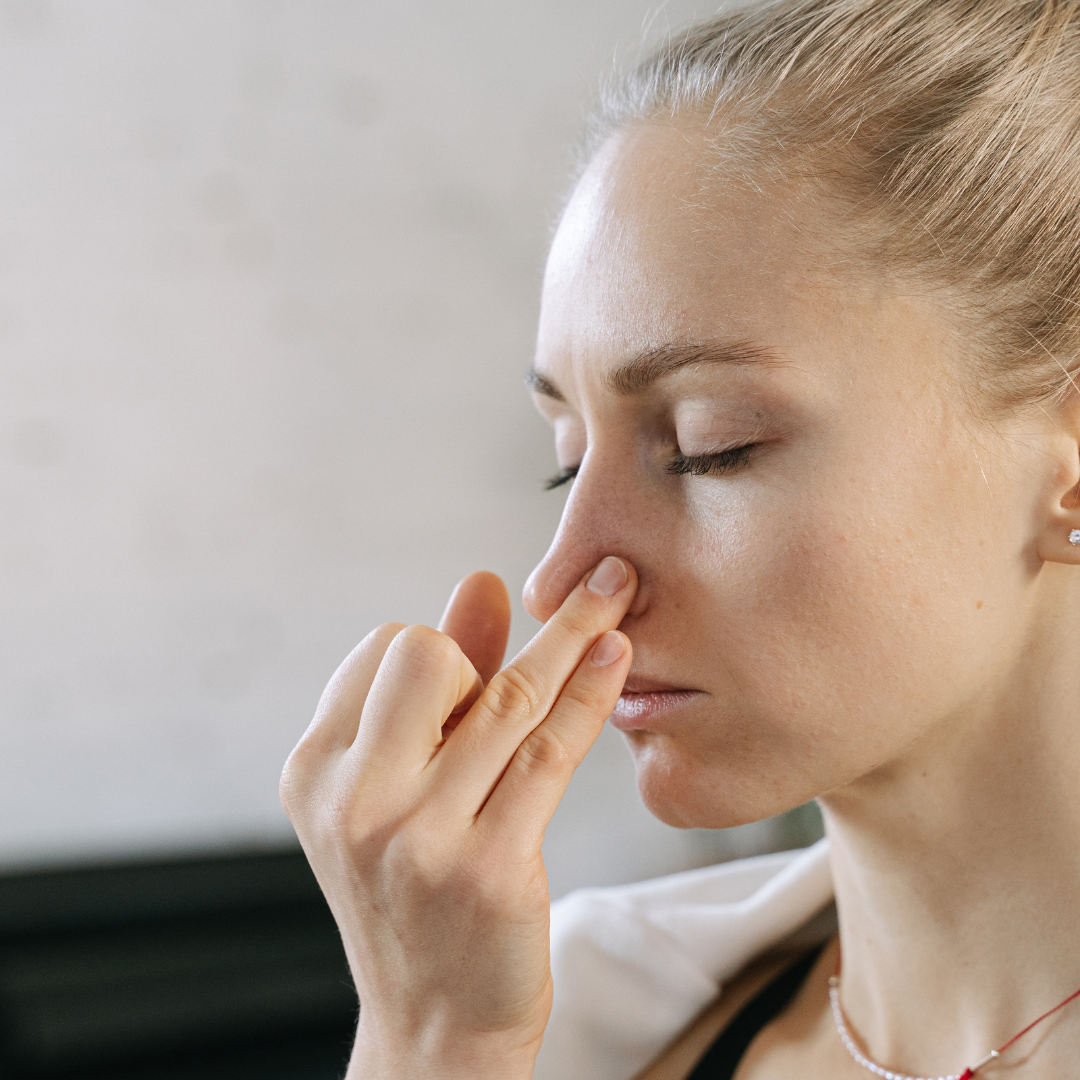
Opting for Alternative Methods of Combating with Anxiety
Yoga can be an effective tool in relieving anxiety by promoting relaxation and mindfulness. The combination of breathwork, meditation, and physical postures helps reduce stress and calms the nervous system. Regular yoga practice can decrease the production of stress hormones like cortisol and increase the release of feel-good neurotransmitters, such as serotonin and dopamine. By encouraging present-moment awareness, yoga helps individuals gain better control over their thoughts and emotions, reducing anxiety and promoting a sense of inner peace.
Alternatively, you can consider using cannabis products, as they can help relieve anxiety due to their interaction with the body’s endocannabinoid system. They can modulate serotonin receptors in the brain, which play a crucial role in regulating mood and anxiety. It may also influence other neurotransmitter systems involved in stress response. Additionally, cannabis products can reduce the physiological symptoms of anxiety, such as heart rate and cortisol levels. However, it is crucial for people seeking marijuana products to consult a nearby marijuana doctor to receive personalized prescriptions and dosage recommendations. Subsequently, they may explore reputable dispensaries like mygreensolution or find similar establishments to purchase the recommended products.
Distracting Yourself
When we get something in our heads it can be very hard to stop ourselves from thinking about it, especially if we are just sitting there without doing anything.
If you feel an image or wording creeping back into your mind that you can’t shake out, now is the time to distract yourself and put yourself into a situation where you won’t be constantly overthinking and worrying.
Go and do a hobby, go for a walk, listen to music, or meet up with your friends and family to just talk and do something that is out of the house and away from your overactive mind.
What you are thinking of won’t necessarily go away, but you are thinking about it in a heightened anxiety state so you are not thinking or acting clearly.
Spending some time ‘away’ from it will be better for you so when you go back to the thought you will be able to approach it calmly and will potentially have a better plan in place for the outcome.

Focus on Muscle Relaxation
If you want to relax your muscles because they have become tense from stress and anxiety, then you will want to take a look at doing progressive muscle relaxation or getting some massage therapy in Irving, TX, or at a physical recovery center near you.
Relaxing the muscles helps with reducing anxiety and stopping horrible bodily sensations that are making you feel worse and could lead to injury.
Tense up each muscle in your body, hold it for a couple of seconds, then relax it.
Do this progressively throughout your body and you will feel the benefit of relaxed muscles.
Some people may have trouble with this, due to a variety of different factors. They might try using alternative products such as weed from Coastal Cannabis or a similar shop near them. It could help them relax their muscles and even reduce the overbearing feeling of anxiety at times.
But be sure to get any such ideas okay’d from your doctor first.
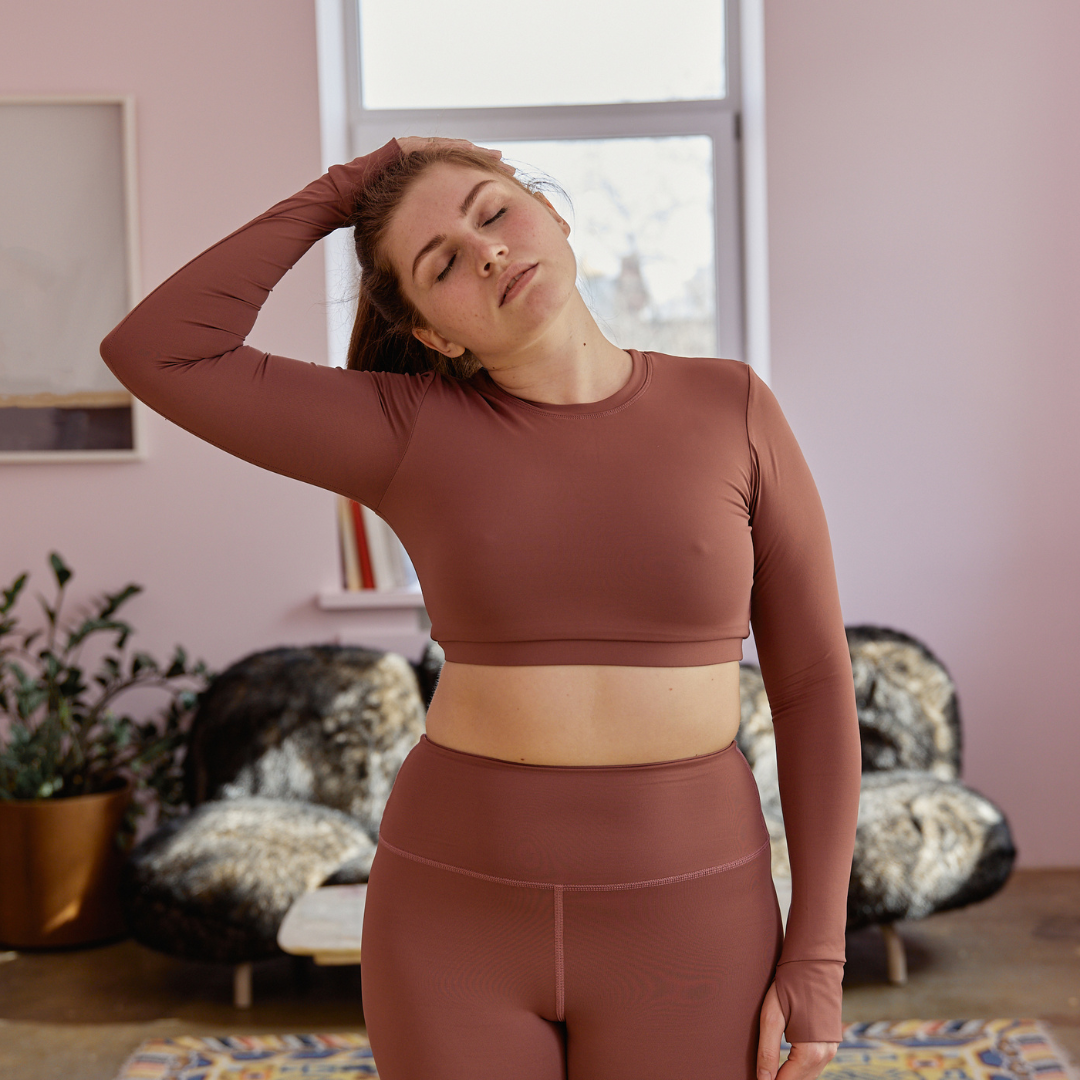
Exercise
It may be something that you have heard a lot of the time, but it is true that going out and doing some exercise will be incredibly beneficial to the mind and body.
Physical activity releases endorphins and will help loosen up the body.
If you have just gone through a bout of bad anxiety, or you can feel it bubbling up in your system again, then put on some shoes and go outside or start to do a workout routine that will get your body moving.
You will burn off that adrenaline that has been surging in your body and it can clear your mind so you can start to think properly again without that muddled feeling inside your head.
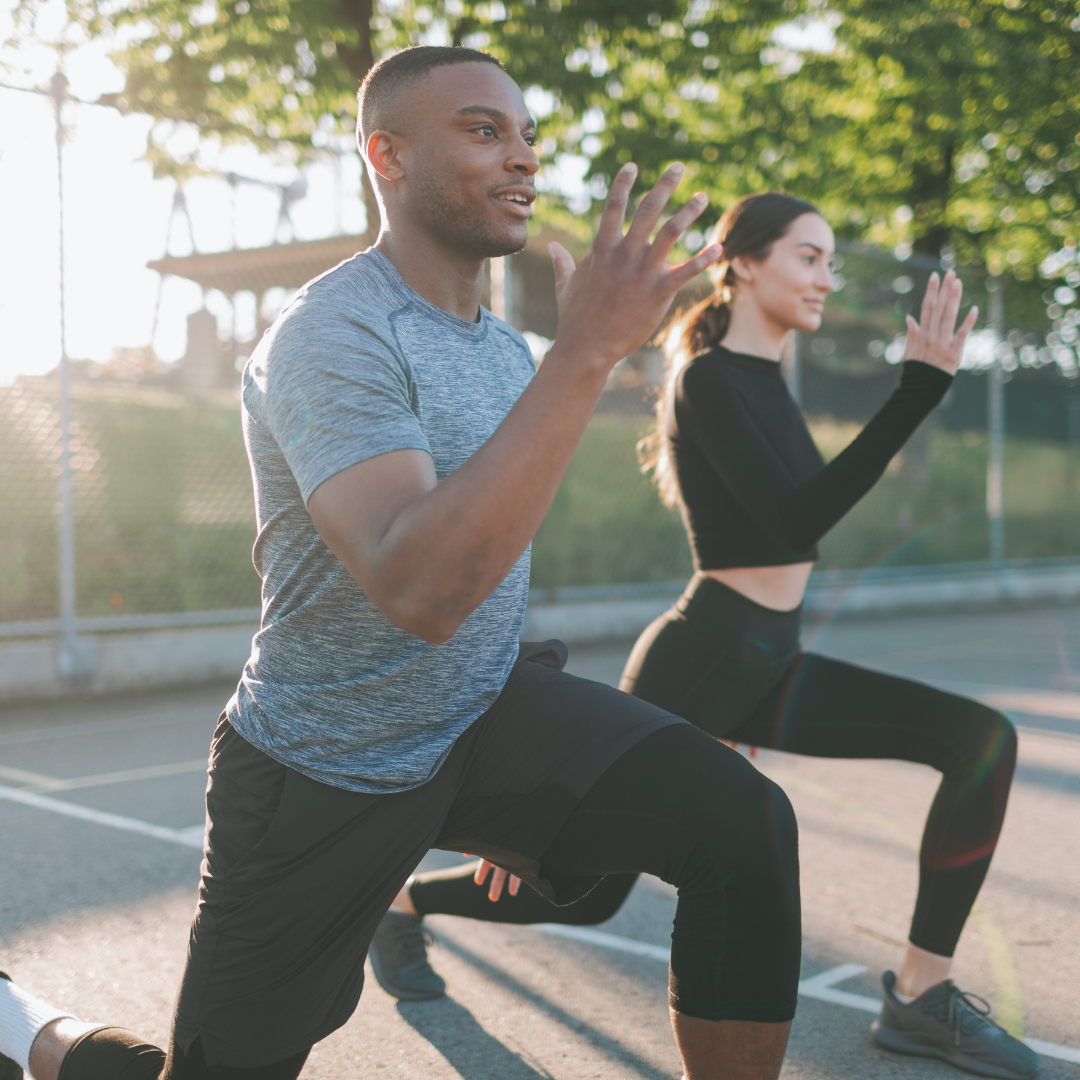
Allocate Spare Time to Worry
Sometimes we just need a moment to worry and not block our brains, however, if you suffer from anxiety, then all you are doing is dipping in and out of your worried state with no end in sight or a solution.
Allocate some time for you to worry during the day but only give yourself about 5 to 10 minutes or you could start going off on a tangent which you will find hard to pull back from.
Write them down in a notebook and lay out why you are worrying.
When you feel a little bit more settled, go back to it and write down some solutions that could help you.
We can’t always stop worrying quickly, so feeling those emotions and working through them at a steady pace can stop that build-up from taking over and causing a lot more issues later on.
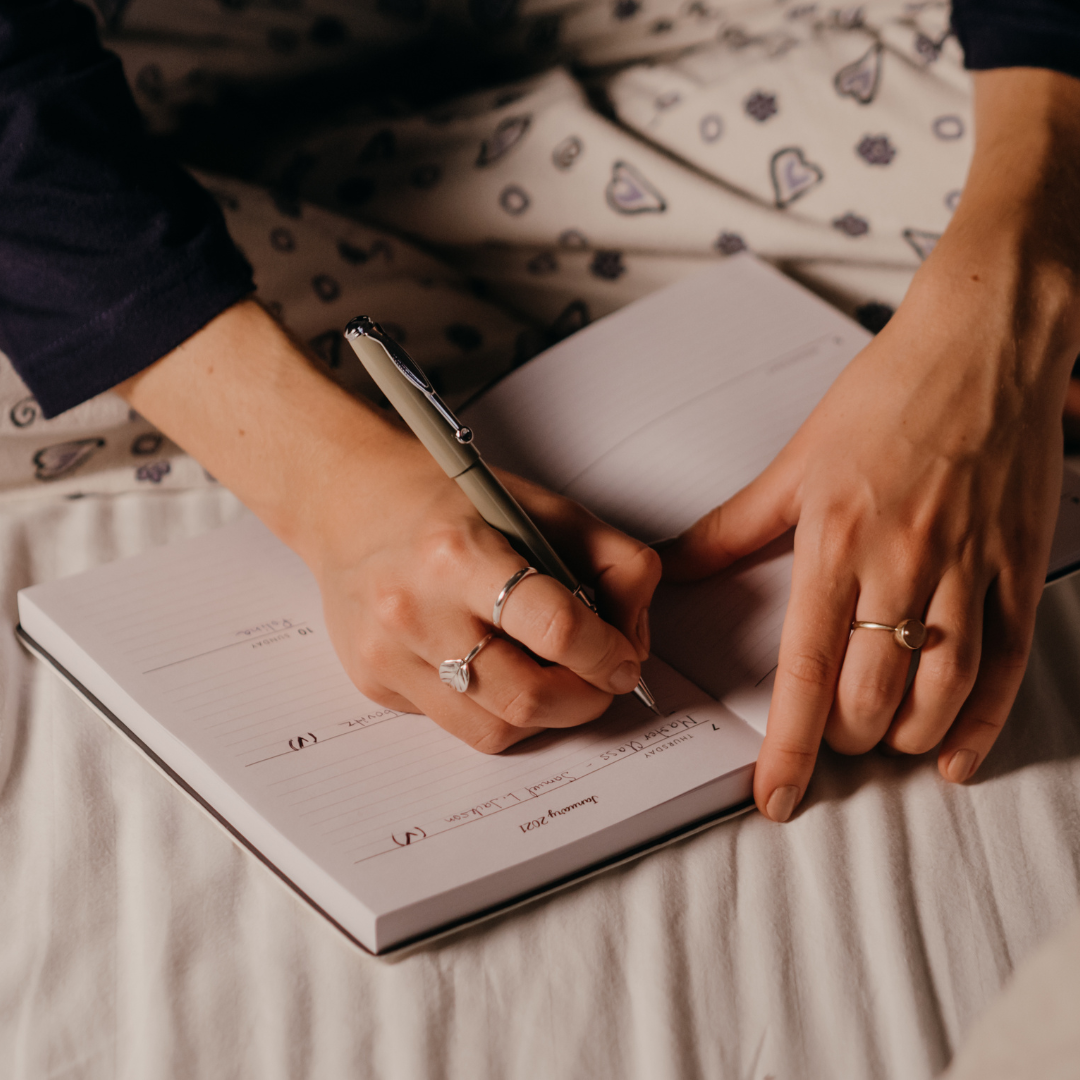
Look at Changing Your Sleep Pattern
Without a good night’s sleep, we can feel a lot worse about ourselves and get easily irritated and angry at the slightest thing.
If you think that your anxiety has risen due to a bad night’s sleep, then you will have to look at changing your sleep pattern to make sure that you get the recommended amount of sleep a night (7-9 hours) to help you manage your anxiety better and stop you from going down a rabbit hole.
Don’t use your phone a couple of hours before bed, set your lights on dim when it gets to the evening, and when you are about to go to sleep make sure that your room is as dark as it can be so you can drift off without light coming in.
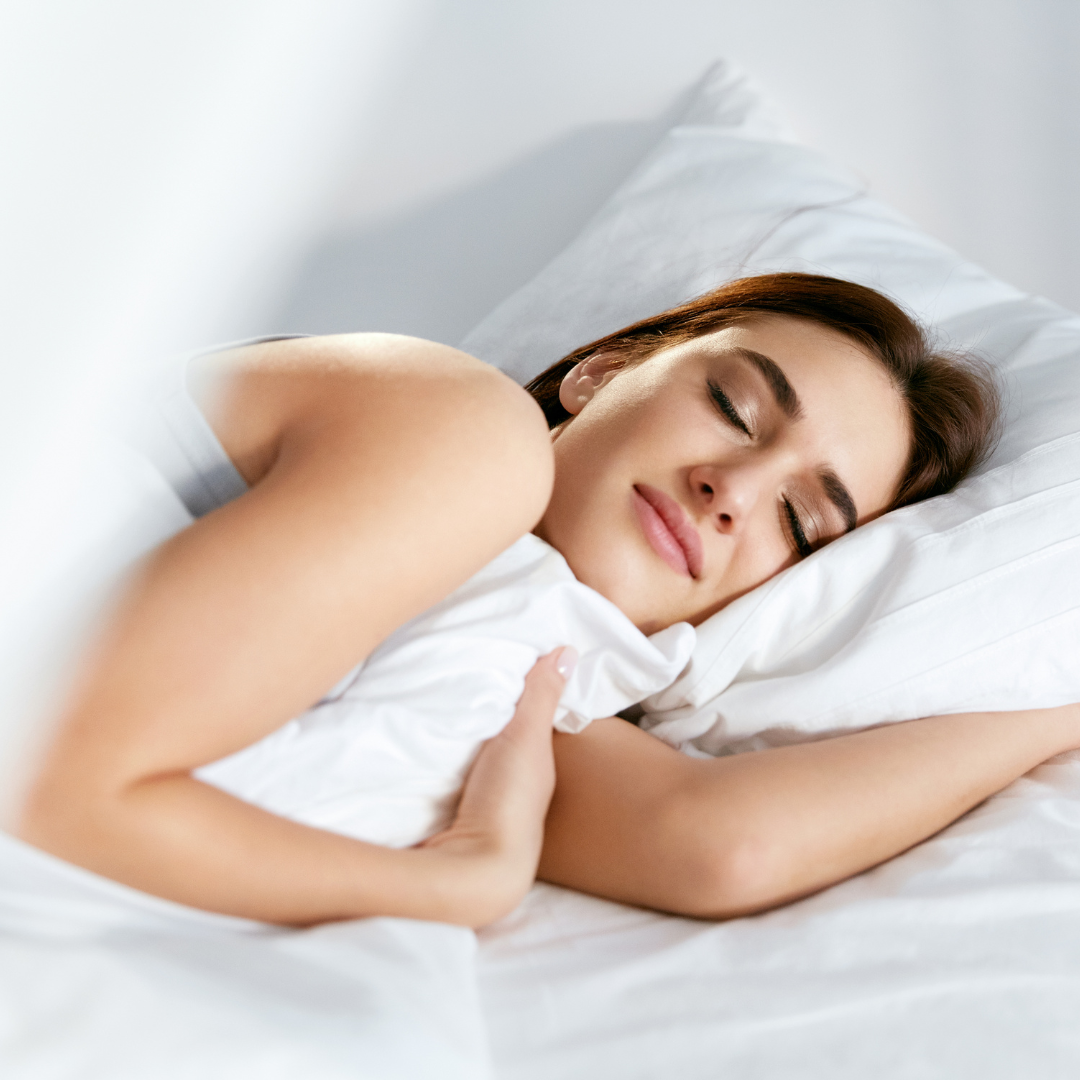
Conclusion
Overcoming anxiety is not an easy road to walk down.
It is very hard for many people to pull themselves out of a mindset they are very used to.
But, with the right help, from self-help to professional help, you will be able to combat this and stop yourself from going over and over it again and again.
There is help out there for you to use if you need it so don’t try and be prideful and push it away, you never know what it can do for you, so try and open yourself up to other possibilities.


